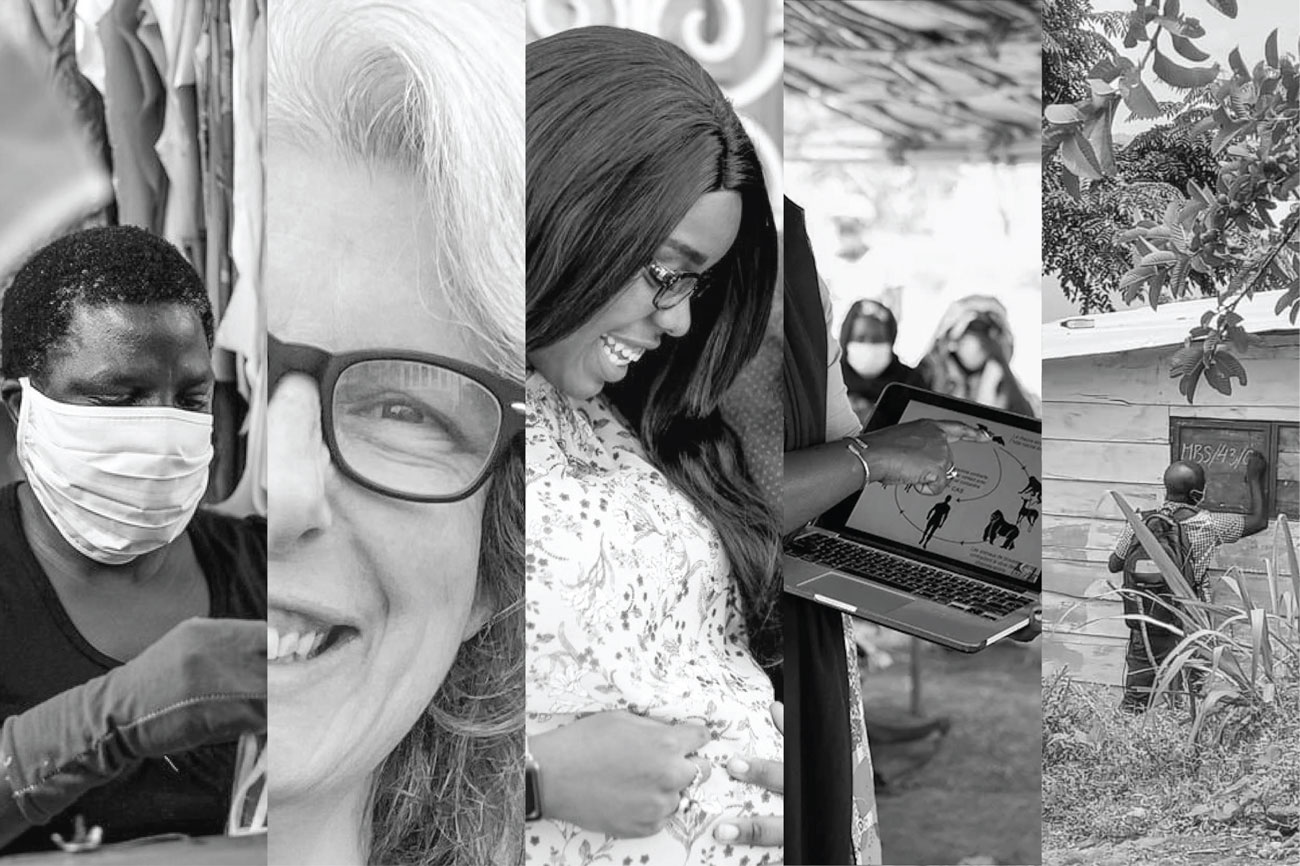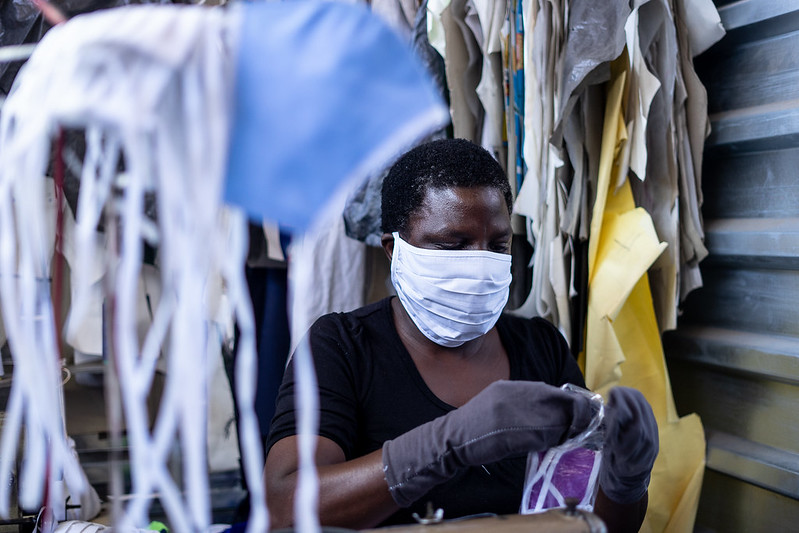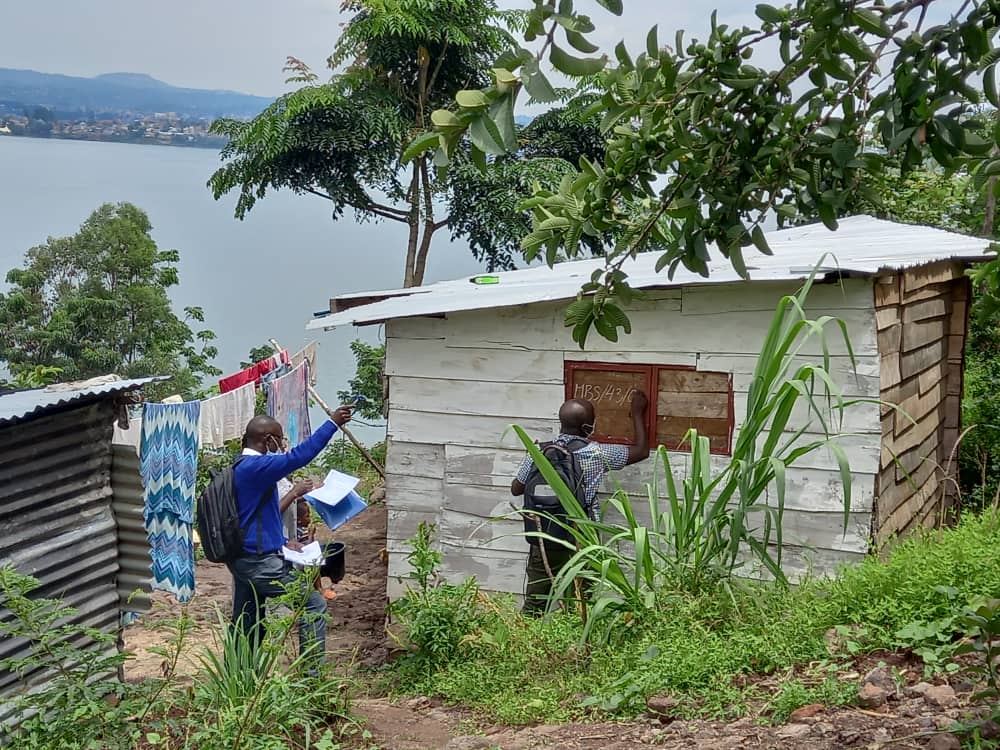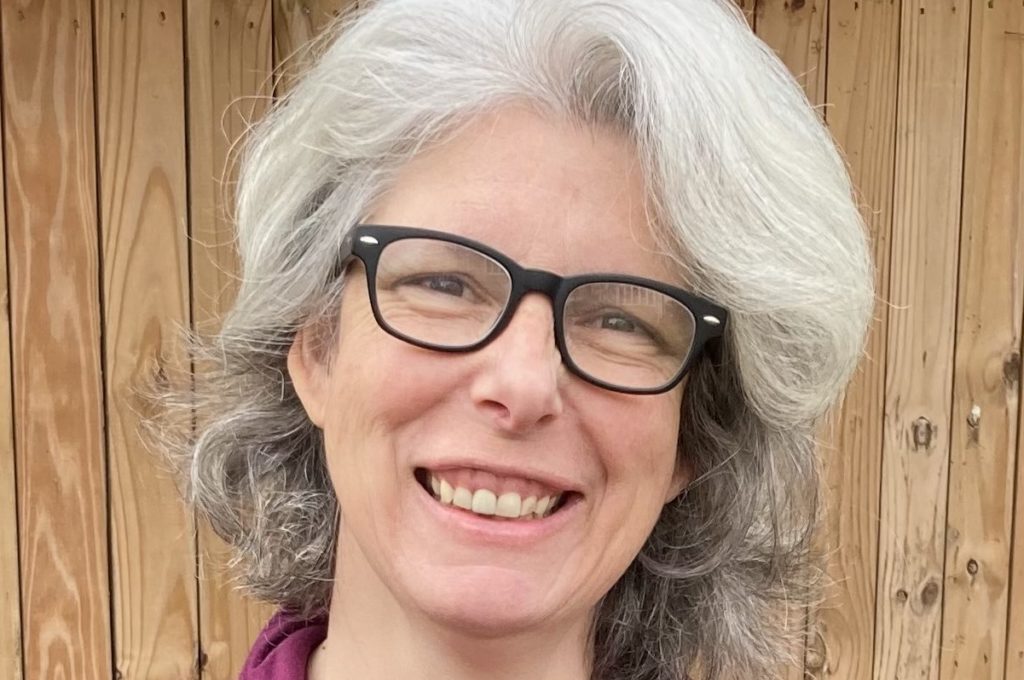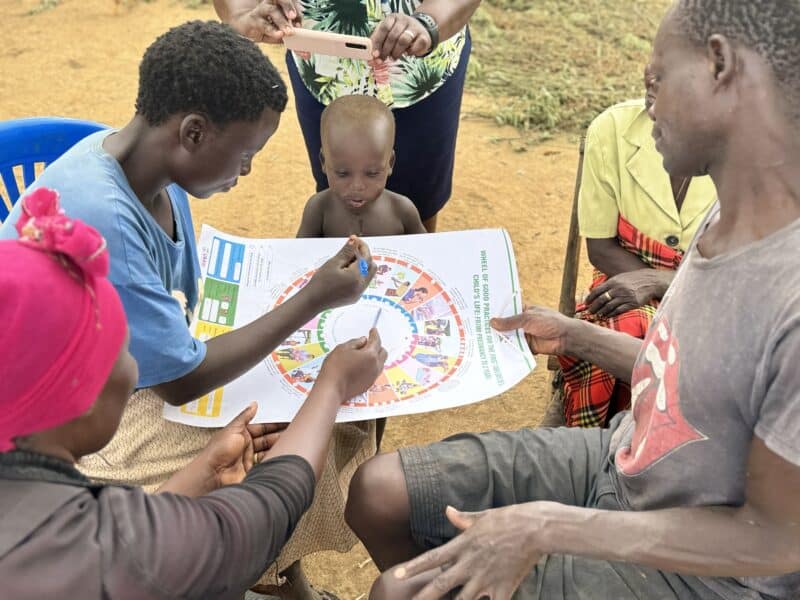Another year down, another year of intense effort to prevent the spread of COVID-19 in the countries where the Johns Hopkins Center for Communication Programs works. In 2021, with the introduction of COVID-19 vaccines, much of our attention was on understanding why vaccine acceptance is low in many parts of the world – and how to use that knowledge to get more vaccines into more arms globally.
At CCP, we covered much more ground than just COVID-19 this year, though some of our work was delayed by the pandemic or required us to find innovative new ways to connect as face-to-face activities continued to be risky. We saw the end of some programs, the beginning of several, and welcomed local ownership of others, continuing the life cycle that has sustained CCP for more than 30 years.
As we look forward to what 2022 will bring, here are the Top 5 CCP Blog posts for the year:
CCP Launches Massive Global COVID Behavior Dashboard
September 13
How many people in Indonesia say they will definitely get vaccinated against COVID-19? Are parents in the United States with more education also more likely to get their children vaccinated? How have mask-wearing and handwashing practices in Nigeria changed over the course of the pandemic?
The global COVID Behavior Dashboard, developed by CCP, contains data from what is believed to be the largest daily survey of COVID knowledge, attitudes and practices in the world, compiled from more than 20 million respondents in more than 200 countries. The dashboard contains data collected since May and, since the launch of the dashboard in September, has been updated every two weeks so that public health officials and policymakers from around the globe can receive up-to-date information to guide their COVID-prevention strategies and better understand the barriers to vaccination in individual countries.
The easy-to-navigate dashboard is the product of a collaboration among CCP, the World Health Organization’s Global Outbreak Alert and Response Network, and Facebook. It is based on the COVID-19 Trends and Impact Survey, which is administered in the United States by the Delphi Group at Carnegie Mellon University and in other countries by the University of Maryland Social Data Science Center. The two universities collect the survey data from a random sample of Facebook users and CCP analyzes the responses.
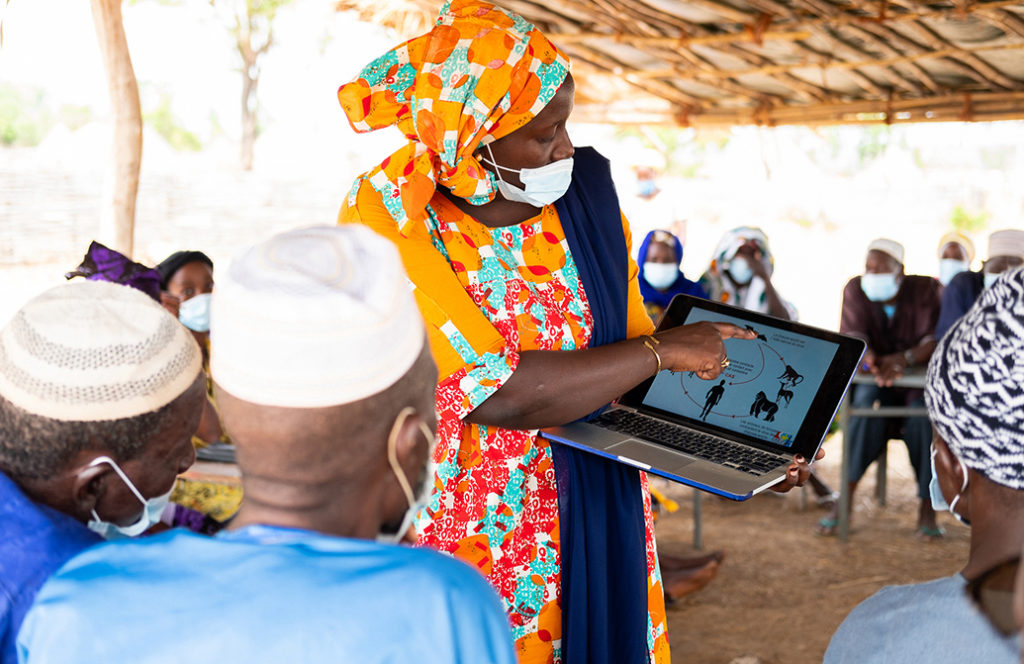
CCP’s Largest Project Awarded $204 Million Extension Through July 2025
December 7
This month, the United States Agency for International Development (USAID) awarded a $204 million extension to CCP to continue Breakthrough ACTION, its flagship global social and behavior change project, through July 2025.
Launched as a five-year, $300 million project in July 2017, Breakthrough ACTION has now worked in 42 countries in Africa, Asia and Latin America to forge, test and scale up new and hybrid approaches to social and behavior change. The project uses state-of-the-art, evidence-based tools and collaborations to encourage people to adopt healthy behaviors, from using modern contraceptive methods to sleeping under bed nets to being tested for HIV. Breakthrough ACTION harnesses the power of communication to inspire long-lasting change and incorporates behavioral science approaches such as behavioral economics and human-centered design to improve programs.
Since the start of the COVID-19 pandemic, Breakthrough ACTION added nearly $34 million in new work in 22 countries to help promote key behaviors – hand-washing, distancing, mask wearing and, most recently, vaccination – designed to reduce the spread of COVID-19, which has killed more than 5.2 million people worldwide in less than two years.
Breakthrough ACTION is a partnership led by CCP in collaboration with Save the Children, ThinkPlace, ideas42, Camber Collective, International Center for Research on Women, and Viamo, along with local partners in individual countries.
How to Conduct Research in the Middle of a Pandemic
April 26
A year into the COVID-19 pandemic, CCP couldn’t wait any longer. Researchers needed to head out into the urban centers and rural reaches of the Democratic Republic of Congo to conduct its extensive Malaria Behavior Survey.
But the realities of the pandemic have made an enormous undertaking even more challenging. With restrictions necessitated by the COVID-19 pandemic, CCP had to add many additional steps to both get accurate data from households in 15 DRC provinces and to ensure that both data collectors and those they surveyed could be kept safe.
And there was added anxiety: How would masked data collectors be treated in a country where mask use is limited? Would these strangers be welcomed or feared?
Black Maternal Mortality: ‘It is Racism, not Race’
May 17
CCP’s Tina Suliman, Senior Program Officer, wrote this compelling piece focused on Black maternal mortality and what strides need to be made to reduce it, even in a wealthy country like the United States.
“On Thursday, May 6, the eve of Mother’s Day weekend, the U.S. House Oversight and Reform Committee held a hearing on racism in Black maternal health care,” she begins.
“Among the witnesses were the families of Black mothers who had died giving birth. Congresswoman Cori Bush gave an impassioned speech recounting her own traumatic pregnancy experiences as a Black woman. “Every day, Black women die because the system denies our humanity,” Bush said.
Representative Bush’s experience is unfortunately common. In Maryland, CCP’s backyard, Black women are four times more likely to experience a pregnancy-related death than white women. This disparity is rooted in systems of oppression and injustice, and persists even when controlling for education, body mass index and socio-economic status.
This crisis is driven by unconscious bias in the medical system and its actors. In a 2016 survey of white medical students, nearly half held false beliefs about biological differences in Black patients, including thicker skin and less sensitive nerve endings. Another 2020 study found that Black babies are more likely to live if they are cared for by a Black physician. Recently, the CDC declared racism a public health threat. The maternal mortality crisis in the United States emphasizes the truth behind this declaration: “It is racism, not race, that is killing America’s Black mothers and babies.”
‘Social Norms are the Unwritten Rules’
February 17
In this Q&A, CCP’s Lisa Cobb sat down with colleague Stephanie Desmon to discuss the importance of understanding social norms.
When behavior change is a program goal, program planners need to understand if, how, when and under what conditions the behavior is influenced by social norms – that is, what do people believe is typical and appropriate behavior in their community.
Social and behavior change program implementers may be aware that social norms are powerful influencers of behaviors and outcomes, yet they may be unsure how to integrate social norms into program design.
The Johns Hopkins Center for Communication Programs, in partnership with the Learning Collaborative to Advance Normative Change, developed a new tool, Getting Practical, to assist country-level program planners, designers and monitoring/research staff in incorporating social norms into their work.

